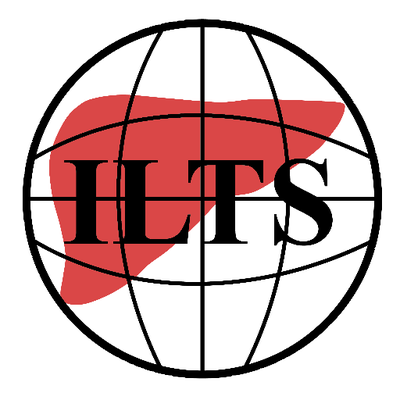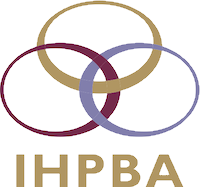Karnofsky score
- 100 – Normal; no complaints; no evidence of disease.
- 90 – Able to carry on normal activity; minor signs or symptoms of disease.
- 80 – Normal activity with effort; some signs or symptoms of disease.
- 70 – Cares for self; unable to carry on normal activity or to do active work.
- 60 – Requires occasional assistance, but is able to care for most of their personal needs.
- 50 – Requires considerable assistance and frequent medical care.
- 40 – Disabled; requires special care and assistance.
- 30 – Severely disabled; hospital admission is indicated although death not imminent.
- 20 – Very sick; hospital admission necessary; active supportive treatment necessary.
- 10 – Moribund; fatal processes progressing rapidly.
- 0 – Dead
ECOG/WHO score
- 0 – Asymptomatic (Fully active, able to carry on all predisease activities without restriction)
- 1 – Symptomatic but completely ambulatory (Restricted in physically strenuous activity but ambulatory and able to carry out work of a light or sedentary nature. For example, light housework, office work)
- 2 – Symptomatic, <50% in bed during the day (Ambulatory and capable of all self care but unable to carry out any work activities. Up and about more than 50% of waking hours)
- 3 – Symptomatic, >50% in bed, but not bedbound (Capable of only limited self-care, confined to bed or chair 50% or more of waking hours)
- 4 – Bedbound (Completely disabled. Cannot carry on any self-care. Totally confined to bed or chair)
- 5 – Death
Lansky score (pediatric)
- 100 – Fully active, normal
- 90 – Minor restrictions in strenuous physical activity
- 80 – Active, but gets tired more quickly
- 70 – Greater restriction of play and less time spent in play activity
- 60 – Up and around, but active play minimal; keeps busy by being involved in quieter activities
- 50 – Lying around much of the day, but gets dressed; no active playing participates in all quiet play and activities
- 40 – Mainly in bed; participates in quiet activities
- 30 – Bedbound; needing assistance even for quiet play
- 20 – Sleeping often; play entirely limited to very passive activities
- 10 – Doesn't play; does not get out of bed
- 0 – Unresponsive
Comparison
A translation between the Zubrod and Karnofsky scales that works especially well for healthy patients has been validated in a large sample of cancer patients:
- ECOG/WHO 0 equals Karnofsky 90–100
- ECOG/WHO 1 equals Karnofsky 70–80
- ECOG/WHO 2 equals Karnofsky 50–60
- ECOG/WHO 3 equals Karnofsky 30–40
- ECOG/WHO 4 equals Karnofsky 10–20
- ECOG/WHO 5 equals Karnofsky 0
Adopted from: https://en.wikipedia.org/wiki/Performance_status






